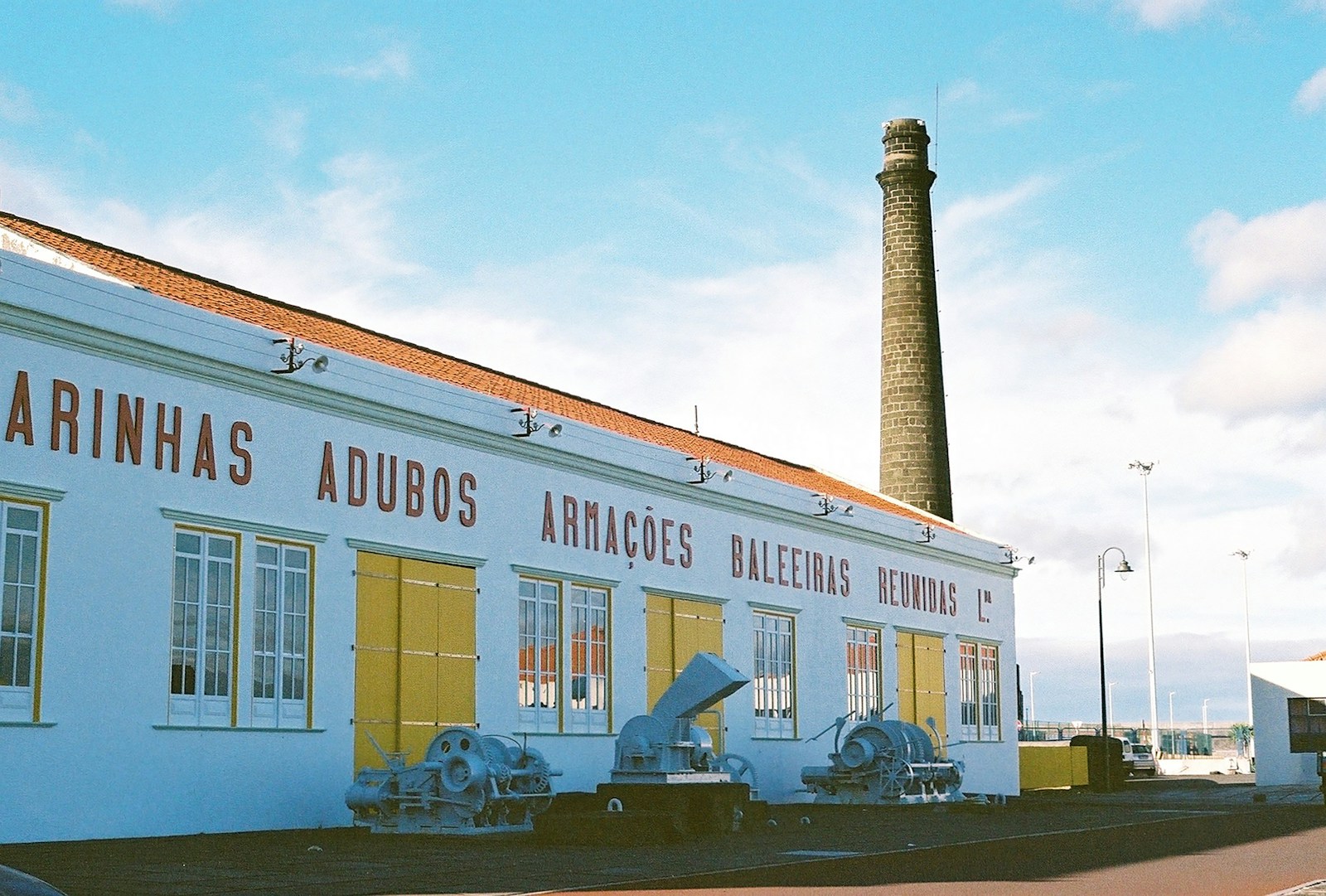
anterior

former
In Spanish, 'anterior' is used to refer to something that was before or earlier, similar to 'former' in English. It can also refer to a position in space meaning 'in front of' or 'before'. However, when referring to a former job or position, 'ex-' is typically used.
Example sentences using: anterior
La página anterior contiene la respuesta.

The previous page contains the answer.
Here 'anterior' is used to refer to a page located before the current one in a book or document.
El libro anterior era mejor que este.

The previous book was better than this one.
Here 'anterior' is used to refer to something that came before something else in time. In this case, it refers to a book that was read before the current one.
Había visto esa película la semana anterior.

I had seen that movie the previous week.
In this example, 'anterior' is referring to a time period that came before the current one - in this case, the previous week.
La respuesta anterior fue incorrecta.

The previous answer was incorrect.
This phrase uses 'anterior' to refer to something that occurred before something else. Here, it talks about an answer given before the current one.
Este carro es del año anterior.

This car is from the previous year.
Once again, 'anterior' is indicating a time period that has come before - in this example, the preceding year.
El capítulo anterior fue muy emocionante.

The previous chapter was very exciting.
In this example, 'anterior' refers to a chapter that came before the current one in a book or series.
La clase anterior fue difícil.

The previous class was difficult.
This sentence uses 'anterior' to speak about a class that happened before the current one.
Mi trabajo anterior era en marketing.

My previous job was in marketing.
Here, 'anterior' refers to a job the speaker had prior to the current one.
La anterior vez que estuvimos aquí, llovió.

The last time we were here, it rained.
In this example, 'anterior' refers to the last or previous occurrence of an event.
El parque está anterior al gimnasio.

The park is before the gymnasium.
In this phrase, 'anterior' is used to show location, in the sense of spatial ordering from one place to another, similar to 'before' in English.